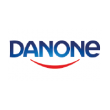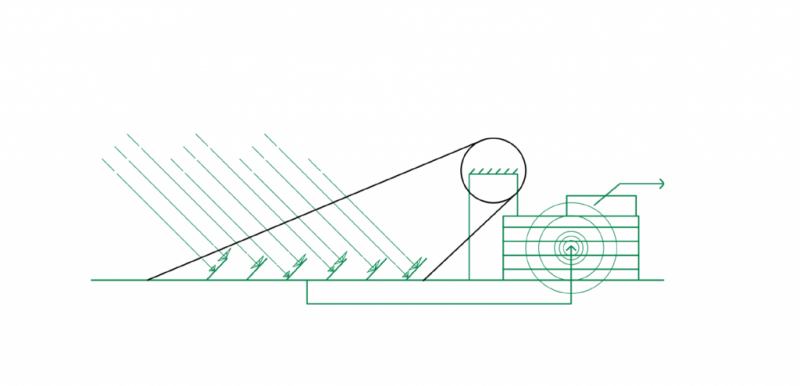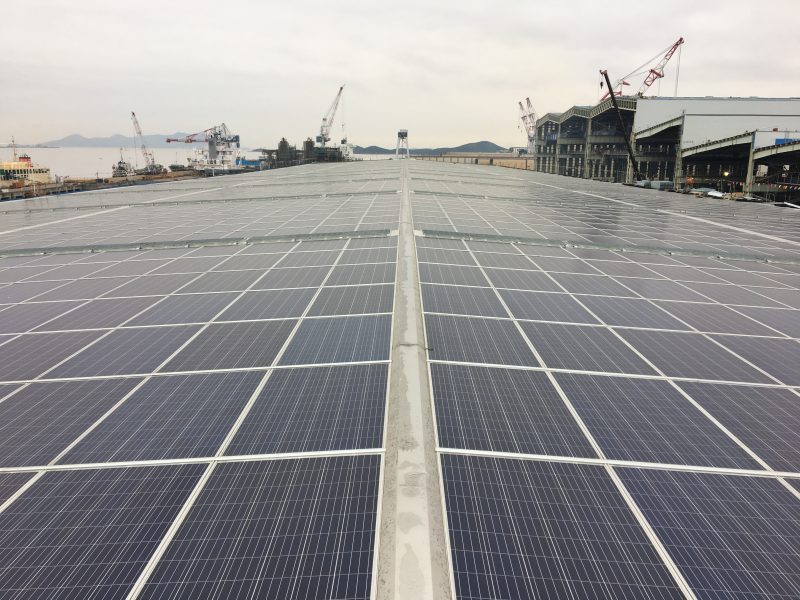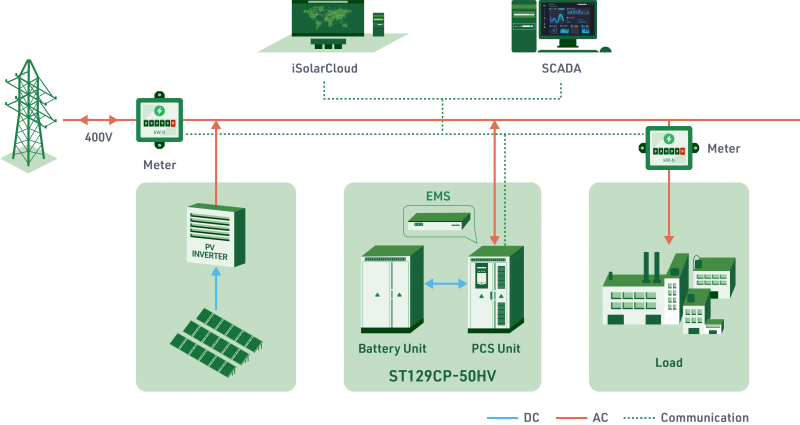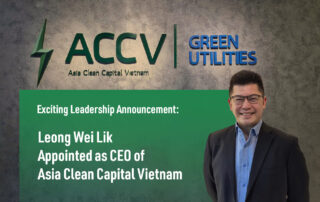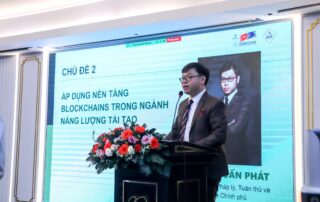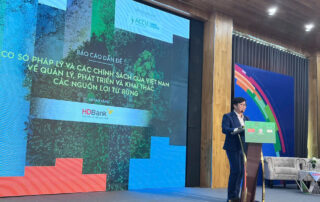ASIA CLEAN CAPITAL VIETNAM
Asia Clean Capital (“ACC”) is a leading clean energy solutions developer that works with large multinational and domestic firms to decarbonize their energy supply. In August 2020, ACC expanded operations to Vietnam with the establishment of Asia Clean Capital Vietnam. ACC is the only distributed solar developer invested in by Goldman Sachs and DCIF in PRC and was named the “Best Distributed Solar Developer” by TÜV NORD Group in 2016. Focused on rooftop solar projects, ACC invests 100 percent of the project costs and provides the design, engineering, equipment, government approvals, installation, and long-term maintenance of solar systems.

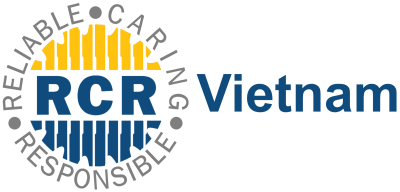

Solar Project Scope of Work
100% Invest
ACCV invests in the solar system and sells clean, renewable electricity to clients at a competitive rate.
Design & Approvals
ACCV provides clients with international standards third-party inspection documents and secures the legal and grid approvals.
Construct
ACCV works with top quality equipment providers and contractors to commission assets on an efficient timeline while ensuring safety and quality.
Operation & Maintenance
ACCV operates and maintains solar assets using the highest industry standards to ensure high performance and safety at all time
Rooftop Solar Benefits
Environmental
Decarbonize the energy supply
Achieve Corporate Social Responsibility targets
Obtain green accreditations
Commercial
Zero investment cost
Zero maintenance cost
Discounted electricity rate
Green Building
Achieve customers decarbonization targets
Obtain green building accreditations
Reduce the indoor temperature by up to 15%
Increase the service life of the roof
Social
Strengthen local community resilience with local energy supplies
Jobs creation
Asia Clean Capital Vietnam Receives Prestigious Awards and Sets Ambitious Goals for 2025 and Beyond
Ho Chi Minh City, Vietnam – March 13, 2025 – Two leaders from Asia Clean Capital Vietnam (ACCV) have been recognized with prestigious awards at Green Finance Week 2025 – Asia Edition. The event, organized by FirstVIEW, a leading global business intelligence company, took place on March 5th, 2025, in [...]















